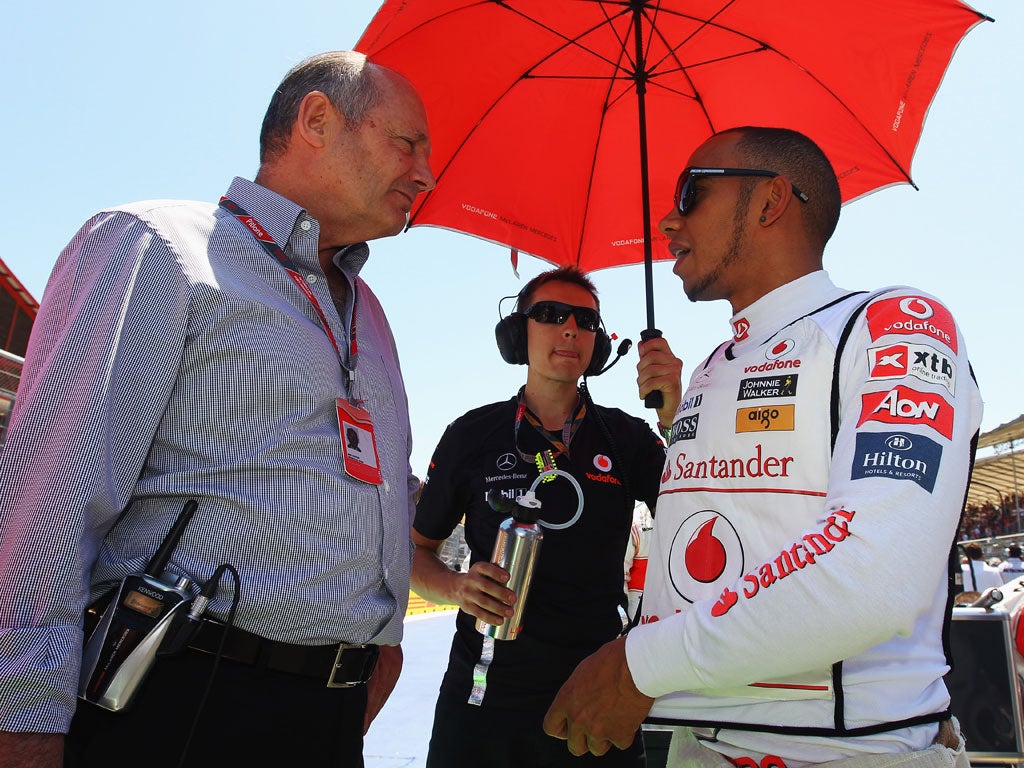Former drivers make better Formula One managers claim researchers

Formula One team chiefs who started out as drivers or mechanics win twice as many races as rivals who are engineers or have management skills acquired outside the sport, according to research conducted by London’s Cass Business School and the University of Sheffield where academics analysed almost 18,000 races in the 60+-year history of the FIA Formula One World Championship.
Researchers claim the key to success lies in hiring so-called ‘expert leaders’ – individuals who have built up years of experience within the sport – rather than chiefs who are merely general managers and were not weaned on the passion it engenders. They argue that the pattern applies not just in Formula One but also across other public and private sector organisations.
Drivers are associated with a winning team in 7 per cent of races, and achieve a podium position in 17 per cent of them. The performance of teams led by mechanics is similar (winning 6 per cent of the time, and getting podiums 16 per cent of the time). Teams headed by leaders of a managerial type obtain worse results: they win 3 per cent of races and obtain podium positions in 12 per cent of them. Constructor teams led by engineers fare even less well: 3 per cent wins and 8 per cent podiums.
The authors claim that former drivers make better managers because of their deeply ingrained technical knowledge, which helps them to formulate more effective tactics and intuitive strategies.
They also suggest that ‘expert leaders’ command greater credibility among team-mates, having worked on the floor themselves. Their reputation and track record can also help in luring talented personnel to join. Interestingly, however, the report does not specifically name men such as Ron Dennis, who started as a mechanic with Cooper before building McLaren into the team they are today. And it focuses more on Christian Horner’s role at Red Bull than that of Dr Helmut Marko, himself a former F1 driver.
Subscribe to Independent Premium to bookmark this article
Want to bookmark your favourite articles and stories to read or reference later? Start your Independent Premium subscription today.

Join our commenting forum
Join thought-provoking conversations, follow other Independent readers and see their replies